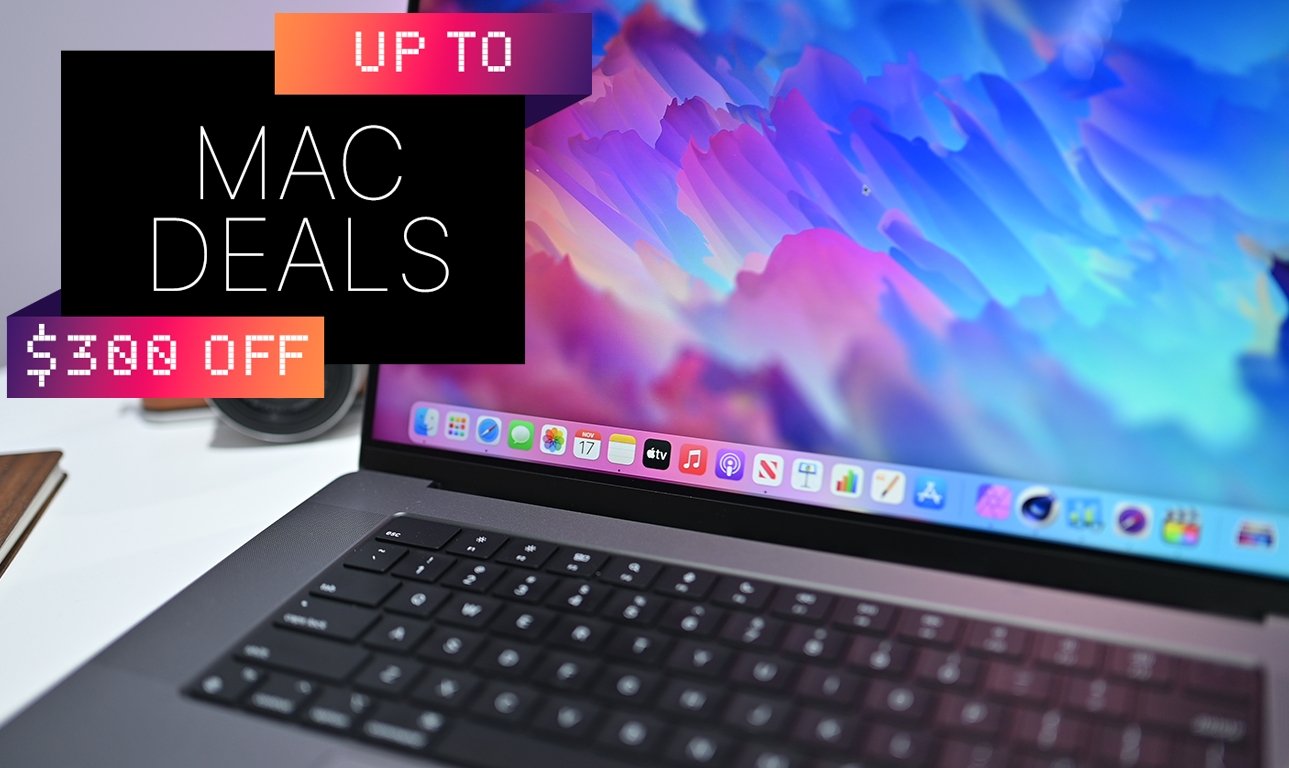
If successor Tim Cook takes such a "look at what the competition is doing" approach, it would mark a fundamental change in Apple's longstanding business model. Something else: Jobs tended to make decisions that defied competitive concerns, whereas iPad mini could only be in response to them. iPad mini would add unnecessary complexity to the product lineup, increase manufacturing and distribution costs and quite likely cannibalize sales of a successful, high-margin product. By offering less, Apple could do more for customers and shareholders by reducing manufacturing and distribution costs and decreasing shopping complexity. That approach proved a sensible strategy. When Jobs assumed control of Apple in early 1997, he almost immediately cut product lines.

These are not encouraging numbers and granted only represent a small sample from a shopping comparison site. Existing Apple device owners are most likely to purchase iPad mini (27 percent), while those owning Kindle Fire or no tablet at all equally plan to buy (16 percent). There's too much risk iPad mini will cannibalize the larger model's sales, while offering little market share benefits. I think it's way too soon for Apple, which has shown with Macs lots of people will pay more, to introduce a smaller, lower-cost model. iPad mini would break that proven pattern. Under Steve Jobs' leadership, Apple methodically nursed iPod revenues by introducing lower-priced models only after maximizing revenues among costlier tiers. Meaning: The market has lots of headroom yet to grow.
#APPLE LAPTOP COVER TECHBARGAINS PC#
Shipments should top 2 billion by 2016, when tablet share will be 13 percent, up from 10 percent this year and reduce PC share to 24 percent from 31 percent. IDC predicts 1.2 billion smart device - connected PC, tablet and smartphone - shipments this year and 1.4 billion in 2013. Apple hasn't yet fully capitalized sales. The tablet is still a huge growth market. But even at $299, iPad mini risks cannibalizing larger Apple tablet sales, which the company has far from exhausted. Surely Apple wouldn't price the device any lower than $299, and $199 or less is where the device needs to be given Amazon Kindle Fire HD and Google Nexus 7. iPhone 5, with its 4-inch screen, ranges in price from $199 to $399, while iPad goes from $499 to $829.

A 7-inch or 8-inch iPad doesn't fit right in the lexicon of Apple mobiles.

"According to our survey respondents, the so called iPad Mini will not be highly coveted because consumers are questioning the necessity of a smaller iPad, especially if they own an iPad or an iPhone". Our survey results indicate that theory is no longer the case", Yung Trang, president, says. "Given Apple’s recent success it would be easy to assume that all new Apple products will be wildly popular.


 0 kommentar(er)
0 kommentar(er)
